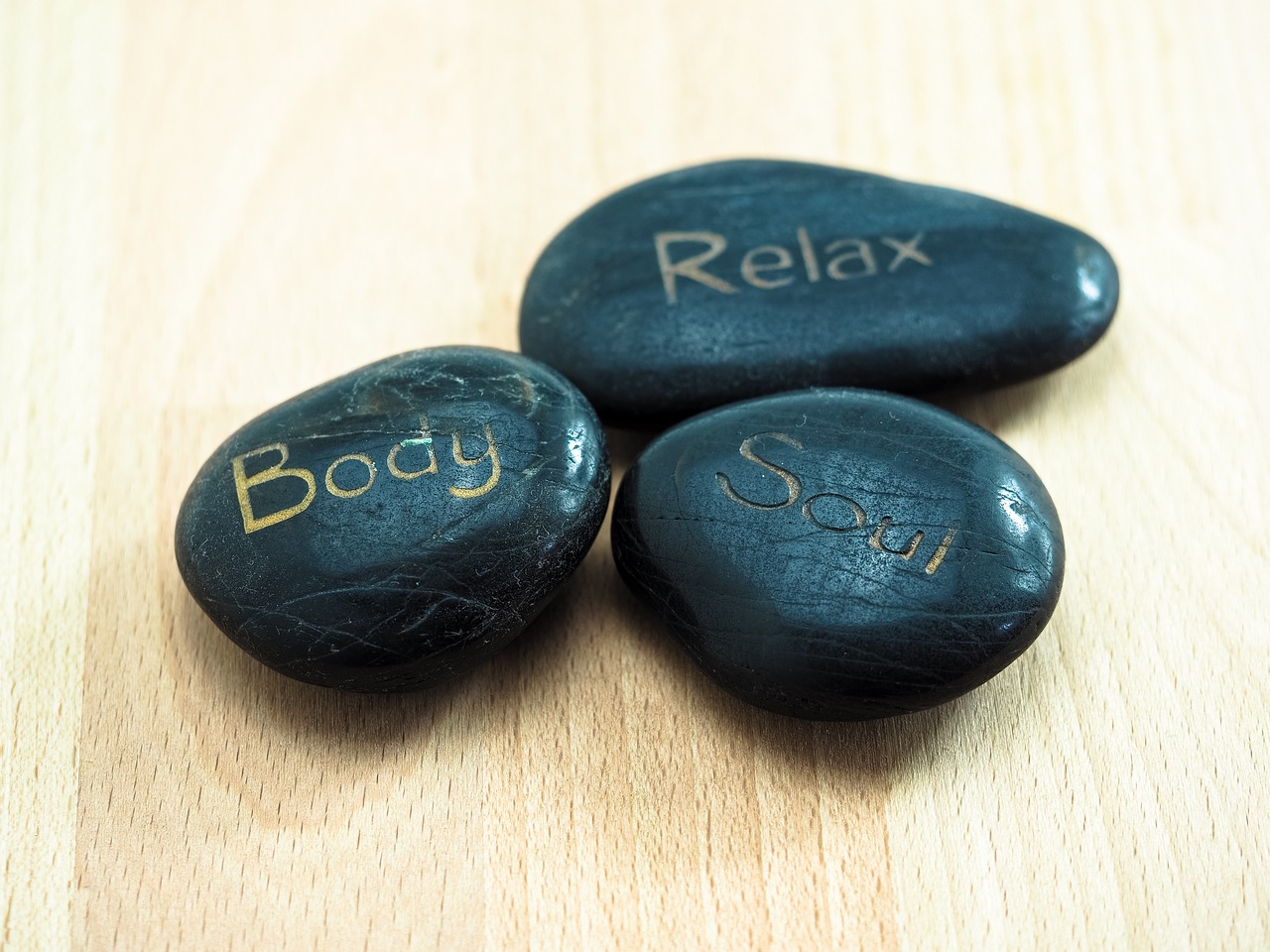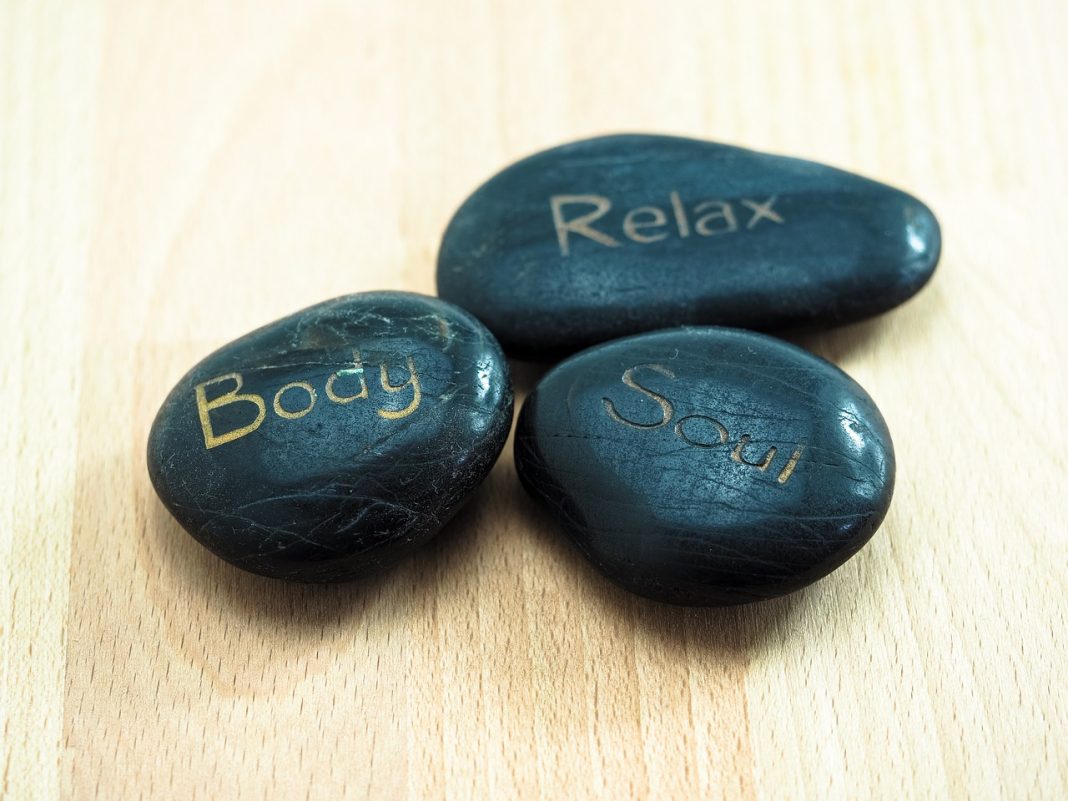
Stress is an inevitable part of life, and it can impact both our physical and mental health. In today’s fast-paced world, it’s essential to learn how to manage stress effectively and maintain our overall health. With the help of expert tips, we can improve our stress management skills and keep our minds and bodies healthy. In this article, we will explore some practical strategies for maintaining health amid stress that can be easily incorporated into our daily routine. Whether you’re a busy professional or a student, these tips can help you stay healthy and resilient in the face of stress.
1. Understanding the Impact of Stress on Your Health
Stress is a common experience that affects everyone at some point in their lives. It is a natural response to challenging situations and can help us stay alert and focused. However, when stress becomes chronic, it can have a negative impact on our health. Here are some ways stress can affect your body:
- Cardiovascular System: Chronic stress can increase your risk of heart disease, high blood pressure, and stroke.
- Immune System: Stress can weaken your immune system, making you more susceptible to infections and illnesses.
- Digestive System: Stress can cause digestive problems such as stomach pain, diarrhea, and constipation.
- Mental Health: Chronic stress can lead to anxiety, depression, and other mental health issues.
It is important to recognize the signs of stress and take steps to manage it. Some common signs of stress include headaches, muscle tension, fatigue, and difficulty sleeping. To reduce stress, consider practicing relaxation techniques such as deep breathing, meditation, or yoga. You can also try exercise, spending time with loved ones, or engaging in hobbies that you enjoy. If you are struggling to manage stress on your own, consider speaking with a mental health professional for additional support.
2. Expert Strategies for Managing Stress and Maintaining Optimal Health
Managing stress and maintaining optimal health is a crucial aspect of leading a fulfilling life. Here are some expert strategies that can help you achieve this:
- Practice mindfulness: Mindfulness meditation involves paying attention to the present moment without judgment. It can help reduce stress, anxiety, and depression. You can start by setting aside a few minutes each day to focus on your breath and observe your thoughts.
- Get enough sleep: Lack of sleep can lead to a host of health problems, including stress, anxiety, and depression. Aim for 7-8 hours of sleep each night and establish a consistent sleep routine. Avoid caffeine and electronics before bedtime.
- Exercise regularly: Exercise is a great way to reduce stress and improve overall health. Aim for at least 30 minutes of moderate-intensity exercise most days of the week. This can include brisk walking, jogging, cycling, or swimming.
- Eat a healthy diet: A healthy diet can help reduce stress and improve overall health. Focus on eating a variety of fruits, vegetables, whole grains, lean proteins, and healthy fats. Avoid processed and sugary foods as much as possible.
By incorporating these expert strategies into your daily routine, you can manage stress and maintain optimal health. Remember to be patient and consistent, as it may take time to see results. Consult with a healthcare professional before making any significant changes to your lifestyle.
3. Practical Tips for Incorporating Stress-Reducing Habits into Your Daily Routine
It’s easy to get overwhelmed by the demands of daily life, but incorporating stress-reducing habits into your routine can help you manage your stress levels and improve your overall well-being. Here are some practical tips to help you get started:
- Meditate: Meditation is a great way to reduce stress and anxiety. Find a quiet place where you won’t be disturbed, sit comfortably, and focus on your breath. If your mind starts to wander, gently bring your attention back to your breath. Start with just a few minutes a day and gradually increase the length of your meditation sessions.
- Exercise: Exercise is a natural stress reliever. It releases endorphins, which are chemicals that make you feel good. Find an activity you enjoy, such as walking, swimming, or yoga, and make it a regular part of your routine. Aim for at least 30 minutes of moderate exercise most days of the week.
Remember, incorporating stress-reducing habits into your daily routine takes time and effort, but the benefits are worth it. Start small and gradually build up to more challenging habits. With practice, you’ll find that managing your stress levels becomes easier and more natural. In conclusion, stress is an inevitable part of life, but it doesn’t have to take a toll on our health. By implementing the expert tips discussed in this article, we can maintain our physical, mental, and emotional well-being even in the midst of stressful situations. Remember to prioritize self-care, seek support when needed, and practice healthy coping mechanisms. By taking care of ourselves, we can better navigate the challenges of life and thrive in the face of stress.








